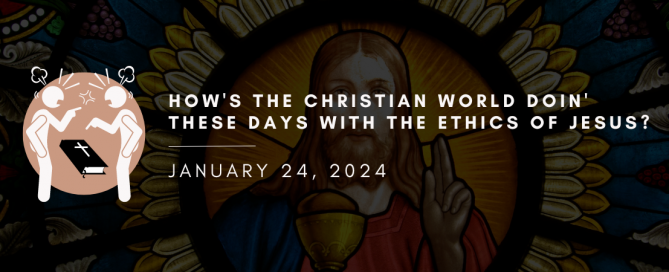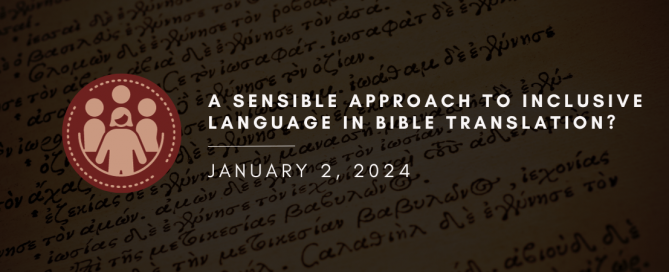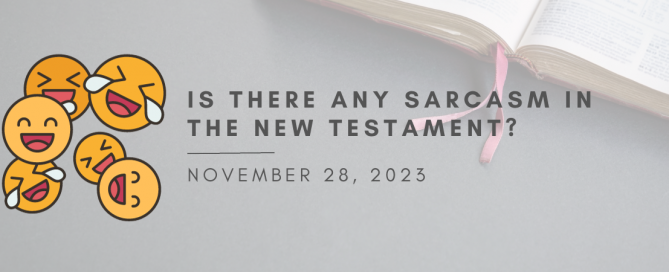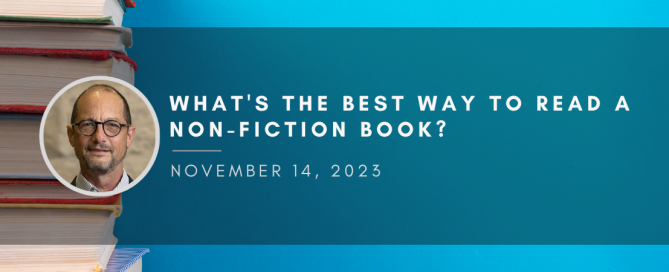Bart’s personal comments and reflections.
Some Random Reflections on Our Significance
I think a lot about significance these days, about why we, or rather, why I, matter. I mean really, this universe is 13.8 billion years old and I’ve been around for, well, 68 of those years and certainly won’t be around for another 68. So, for how much of time to this point? Do the math. Then there’s the space factor. I’m a small dot in my house; my house is a small dot in my neighborhood; my neighborhood is a small dot in my city; my city is a small dot in my state; my state is a not-large dot in the country; the country is a not-large dot on the planet; our planet is a tiny dot in the solar system; the solar system is an infinitesimal dot in the galaxy of some 100 billion stars; our galaxy is an an even more infinitesimal dot in a universe of maybe 2 trillion galaxies. And the universe itself? Who knows if there is a multiverse? Where does that leave me? Tiny doesn’t [...]





